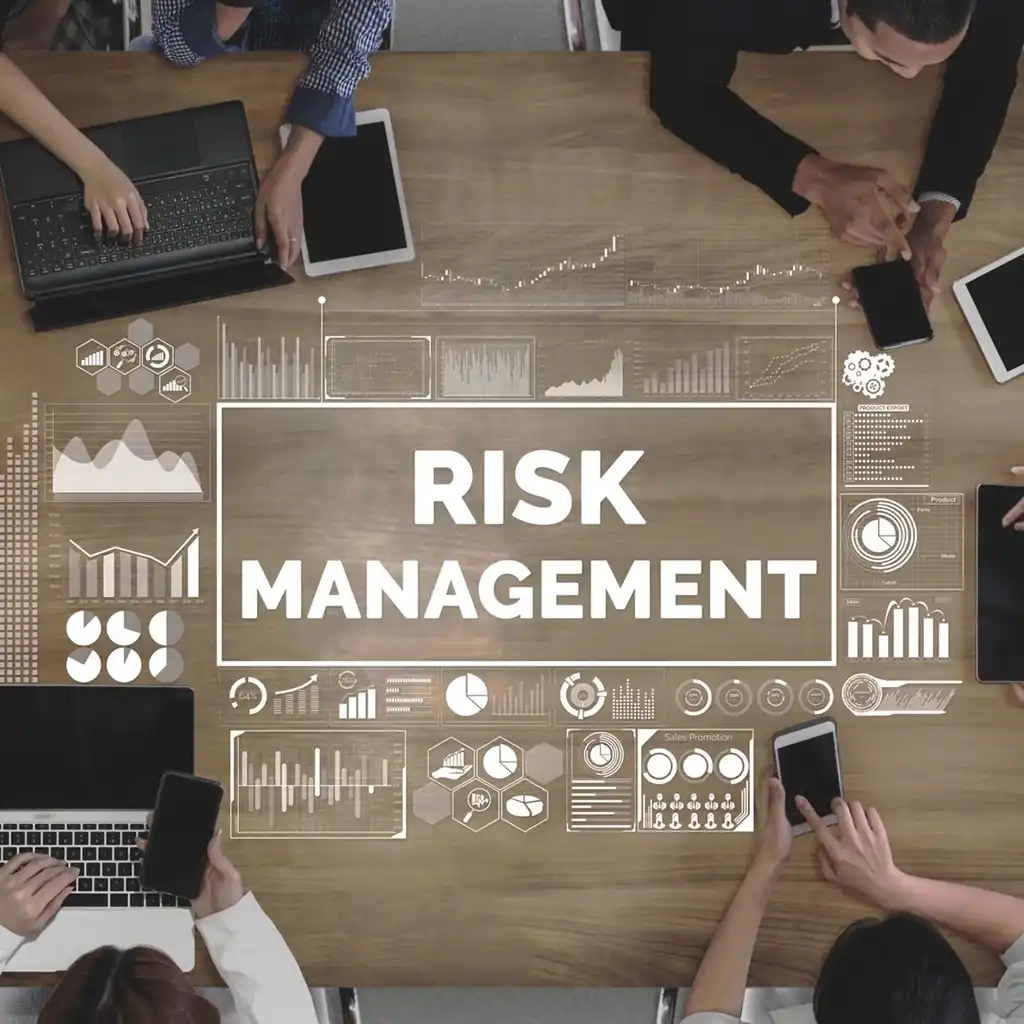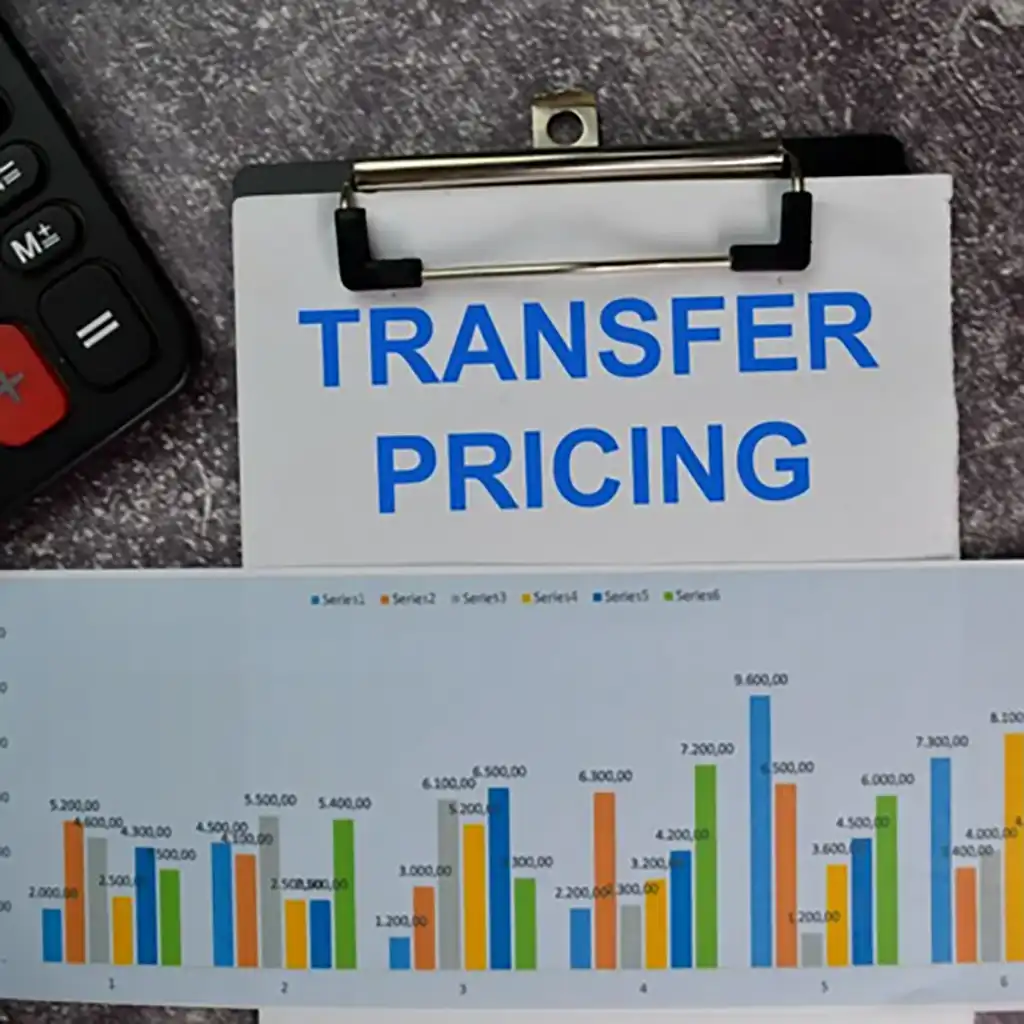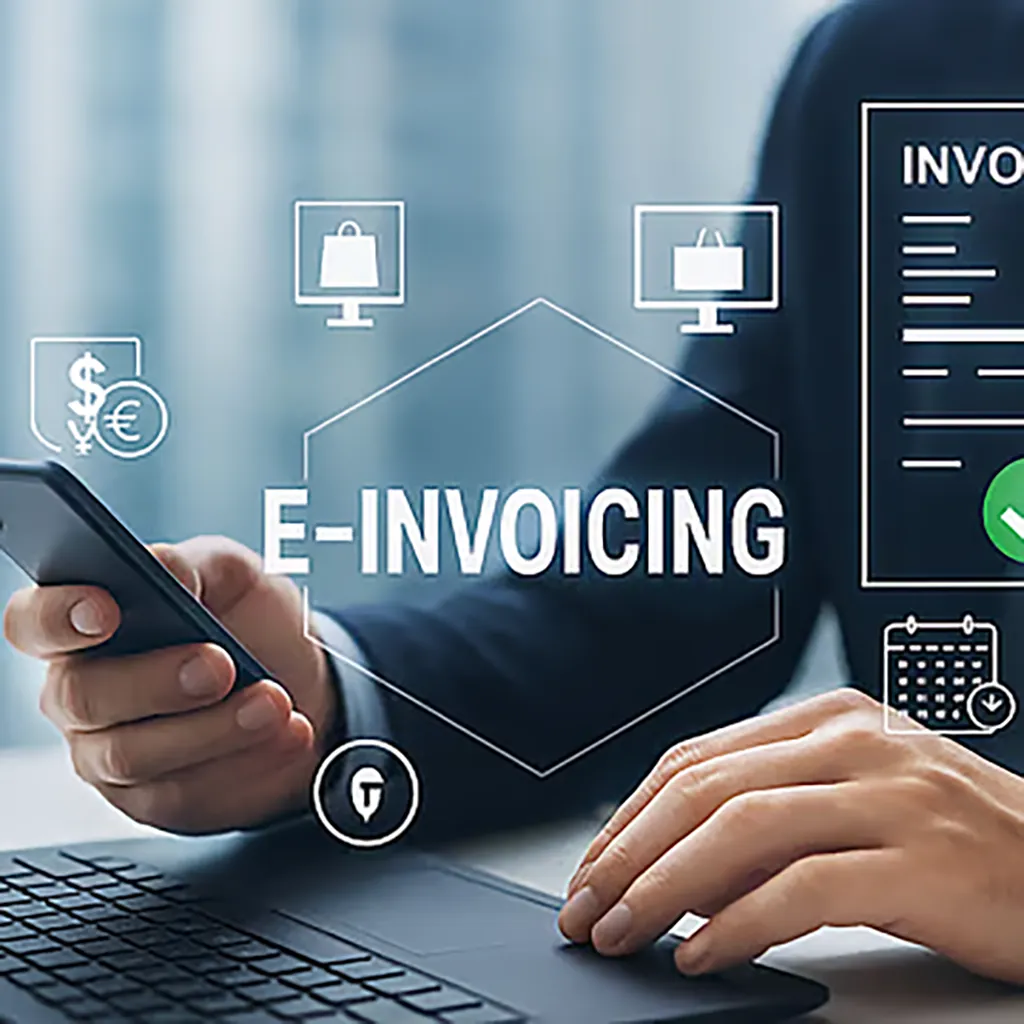The UAE has reached a pivotal milestone in its journey to becoming a global financial powerhouse. The European Union’s decision to remove the UAE from its list of high-risk third countries for anti-money laundering (AML) and counter-terrorism financing (CTF) is a testament to the country’s comprehensive reforms and strong governance. This move comes shortly after the Financial Action Task Force (FATF) also removed the UAE from its grey list, validating its commitment to financial transparency and regulatory compliance.
But beyond international recognition, this decision unlocks new potential for UAE businesses, financial institutions, and professionals operating in compliance-driven sectors like tax, accounting, and auditing.
What Prompted the EU to Delist the UAE?
The UAE was added to the EU’s high-risk list in 2022 due to perceived gaps in AML enforcement and regulatory supervision. Since then, the country has implemented sweeping reforms across multiple sectors. This includes the establishment of specialized AML courts, issuing fines worth over AED 300 million for non-compliance, and improved supervision of sectors like real estate, gold trading, and virtual assets.
The financial sector now operates under a robust AML-CFT framework that meets international standards. As a result, the EU acknowledged the progress by delisting the UAE in mid-2025. These developments mirror the structural reforms that accompanied the rollout of corporate Tax in UAE, further cementing the UAE’s role as a mature global business destination.
Implications for Businesses and Foreign Investors
The removal from the EU’s high-risk list has immediate and long-term benefits for businesses operating in or with the UAE. Financial institutions in Europe are no longer required to conduct enhanced due diligence (EDD) on UAE-based clients. This reduces administrative delays and increases trust, particularly in trade, finance, and investment sectors.
European investors are now more likely to partner with UAE-based businesses, secure in the knowledge that AML standards meet international norms. For companies, this means easier access to loans, smoother banking processes, and enhanced credibility during international audits or capital-raising efforts.
New Opportunities for the Accounting and Audit Sector
The delisting has increased demand for firms offering accounting services in Dubai, particularly those focused on compliance, regulatory filings, and risk assessments. As companies reevaluate their internal control systems, they are turning to reliable accounting firms in Dubai and audit companies in Dubai to bridge any gaps.
Chartered accountants are now playing a crucial role in helping businesses navigate this new era. Whether it’s preparing AML reports, reconciling tax disclosures, or ensuring the accurate filing of corporate tax assessments, the expertise of a chartered accountant has never been more relevant.
Moreover, digital tools such as e-invoice in UAE systems, automated bookkeeping, and predictive tax calculators are being integrated into core financial functions to ensure compliance is both accurate and efficient.
Evolving Role of Accountants and Regulatory Professionals
The transformation of the UAE’s financial environment is also reshaping career trajectories. Job roles are evolving rapidly, with accounting careers in Dubai now demanding hybrid skills in taxation, digital systems, and regulatory compliance.
Professionals qualified as CA chartered accountant or holding international certifications are increasingly in demand, particularly for roles listed under accountant job vacancies in UAE or job vacancies in Dubai accountant portals.
Companies are also hiring specialists who can assist in issuing documentation such as:
- Tax residency certificate UAE
- Tax domicile certificate UAE
- Tax identification number UAE
Securing a tax residency certificate Dubai or UAE tax domicile certificate has become essential for companies aiming to benefit from double tax treaties and ensure proper tax positioning for global operations.
Free Zones, Offshore Structures, and Enhanced Compliance
Free zones and offshore jurisdictions in the UAE, once criticized for lacking financial transparency, are now under greater scrutiny. Firms must demonstrate real economic substance, adequate staffing, and physical presence to maintain their tax benefits and compliance standing.
As a result, accounting companies Dubai are supporting free zone entities in aligning with economic substance regulations, managing VAT registration UAE, and ensuring clean audit trails. The services of a dependable accounting firm in Dubai UAE now extend beyond traditional tax filing to include AML health checks and beneficial ownership verification.
VAT and Corporate Tax: Dual Compliance Now Mandatory
The introduction of corporate tax and the continued enforcement of VAT in Dubai have created a dual compliance responsibility. Businesses are now expected to:
- Maintain accurate filings for Dubai VAT tax
- Align VAT in United Arab Emirates returns with corporate tax filing
- Ensure data consistency across platforms for both tax on Dubai income and vat tax in UAE
Staying ahead of compliance requires the integration of intelligent financial systems, and many CPA firms in Dubai are assisting clients in automating this process through cloud-based accounting tools.
Importance of Auditing in the Post-Delisting Era
The EU delisting doesn’t mean regulatory leniency; rather, it demands even higher standards of self-governance. This has led to a rise in companies requesting internal reviews, or as some describe it, “auditing the audit.”
Audit firms in Dubai are supporting organizations through:
- Pre-audit compliance reviews
- Beneficial ownership validation
- AML/CFT recordkeeping assessments
- Attestation services for international transactions
For every accountant in Dubai now working in these roles, it’s critical to have command over international compliance standards and a deep understanding of local tax law, including UAE tax and Emirates VAT requirements.
Building the Right Team and Partnering Smart
Whether you are a multinational company, SME, or family-owned firm, your ability to adapt depends largely on the people and partners you engage with. Hiring the right accountants chartered and collaborating with trustworthy firms—especially the top 4 accounting firms or growing accounting companies in Dubai networks—will be crucial.
In addition, firms now require professionals who can manage complex cross-border documentation, from verifying an accountant number to issuing accurate tax ID UAE certificates. These skill sets are quickly becoming a necessity in today’s compliance-first business climate.
Verdict
The UAE’s removal from the EU’s financial risk list is a major step toward becoming a global benchmark for transparency and business excellence. But the real impact will be felt in how businesses adapt and grow from here.
Whether you are applying for a tax resident certificate UAE, preparing for your first corporate tax filing, or just starting your accountant work in Dubai, the message is clear: those who invest in proactive compliance, the right technology, and experienced professionals will not only survive but thrive in the new financial era.
As the country continues its transformation, aligning with global expectations in tax, AML, and auditing, the demand for strategic financial advisory and expert compliance support will remain on the rise.






















